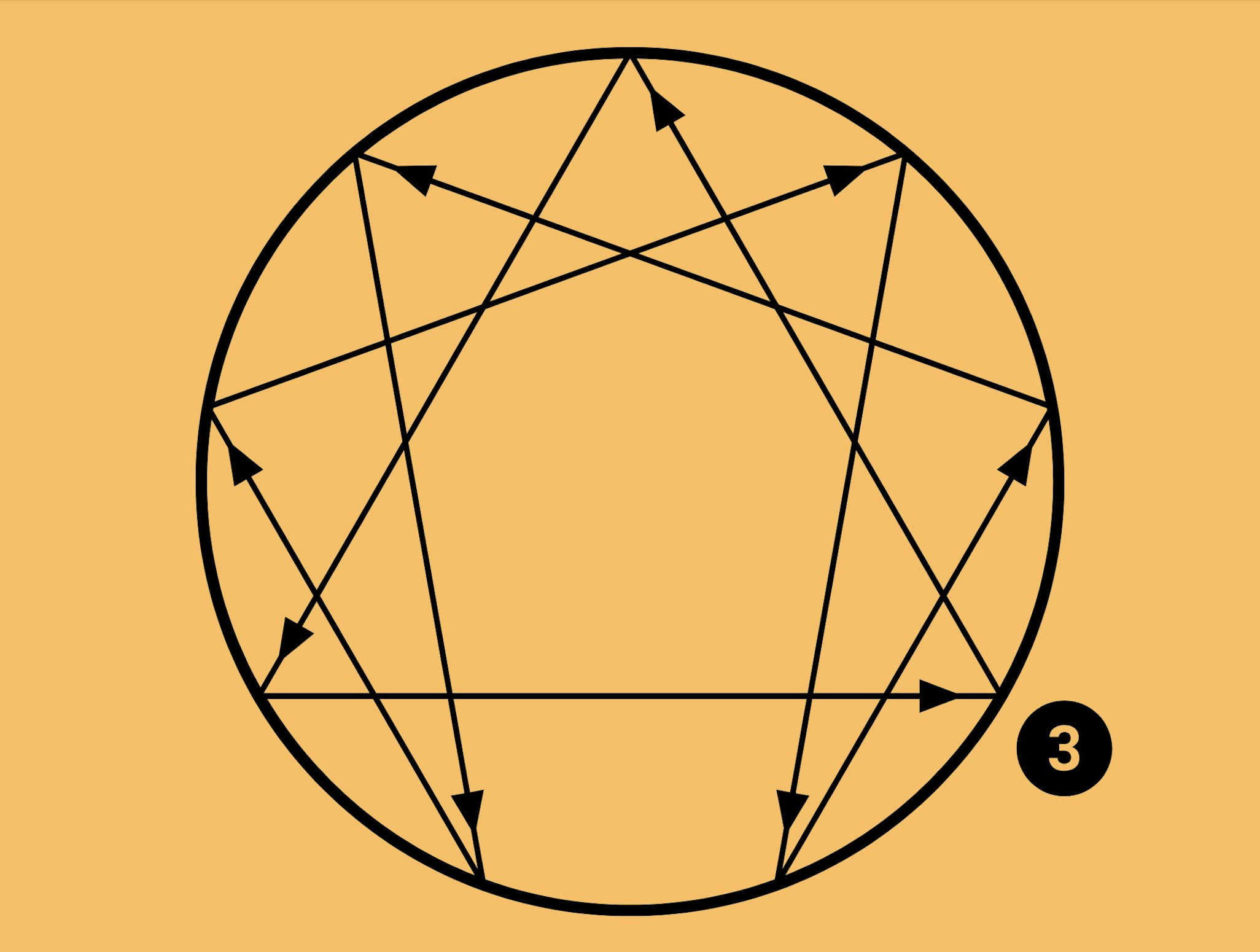If you’ve spent time in Kansas City coffee shops or boardrooms, you’ve probably spotted an Enneagram Type 3. Known as “The Achiever,” Type 3s often carry themselves with confidence, drive, and a magnetic presence. They’re the ones who seem to effortlessly set goals, chase after them, and bring others along for the ride. But beneath that polished exterior is often a much more tender story—one that therapy and self-reflection can help uncover.
Who Is the Enneagram Type 3?
Type 3s thrive on success, productivity, and recognition. They have an incredible ability to adapt to what’s expected of them, shifting gears to match different settings and relationships. Their gift is efficiency and excellence. Yet their biggest fear is that, without achievement, they won’t be valued or loved. This creates a constant pull to keep performing, producing, and perfecting—sometimes at the expense of their own inner world.
Strengths Worth Celebrating
- Drive and determination: Type 3s know how to set a vision and make it happen. Whether it’s building a career, organizing a community project, or simply showing up for their families, they bring passion and focus.
- Adaptability: They read the room quickly and can adjust their tone, energy, or approach to fit the moment. This makes them highly effective in leadership and social settings.
- Inspiration: Many people look up to Type 3s because of their ability to turn ideas into reality. Their energy often motivates others to pursue their own goals.
These strengths are especially visible in a city like Kansas City, where entrepreneurship, innovation, and community life thrive. Type 3s often find themselves in the middle of it all, driving progress forward.
Struggles That Can Surface
Even the most polished achiever wrestles with challenges:
- Over-identifying with success: When worth feels tied to accomplishments, even small setbacks can feel crushing.
- Emotional disconnection: In focusing so much on goals, Type 3s sometimes lose touch with their own feelings—or avoid sharing them with others.
- Burnout: Constantly performing, meeting expectations, and staying “on” can lead to exhaustion and loss of self.
- Authenticity struggles: Because they adapt so easily, Type 3s may wonder, “Do people love me for who I am, or just for what I do?”
How Growth Happens
The growth path for Type 3s is less about doing more and more about being more. Therapy can be a valuable space to slow down, explore what’s beneath the surface, and reconnect with authenticity. Here’s what that might look like:
- Redefining success: Moving from external validation to internal fulfillment—success isn’t just about achievement, but about living in alignment with values.
- Allowing vulnerability: Learning to name and express feelings without fear of judgment builds deeper, more genuine connections.
- Creating balance: Rather than burning out in the pursuit of the next goal, Type 3s can learn to embrace rest and presence as equally important measures of success.
- Discovering inherent worth: Therapy helps Type 3s internalize the truth that they are valuable not because of what they accomplish, but because of who they are.
A Kansas City Perspective
Here in Kansas City, where ambition and creativity are alive in everything from local startups to the arts scene, it’s easy for Type 3s to get swept up in the momentum. That’s why therapy can serve as a grounding practice—helping achievers step back, reconnect with themselves, and find a pace that feels sustainable.
Closing Thoughts
If you resonate with Enneagram Type 3, you already know the joy of setting goals and achieving them. But your deepest growth comes not from doing more, but from embracing who you are beneath the achievements. Working with a Kansas City therapist can give you the space to rediscover your authentic self, strengthen your relationships, and build a life where success and inner peace go hand in hand.





